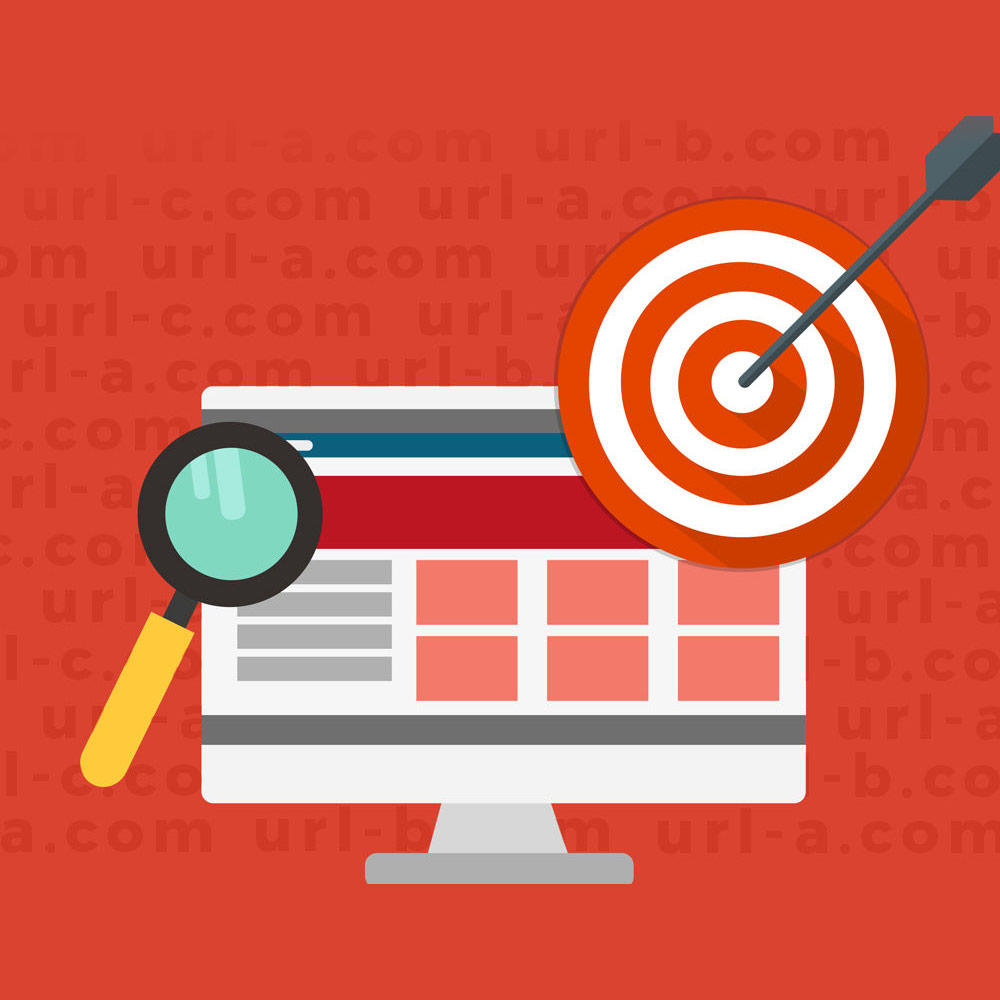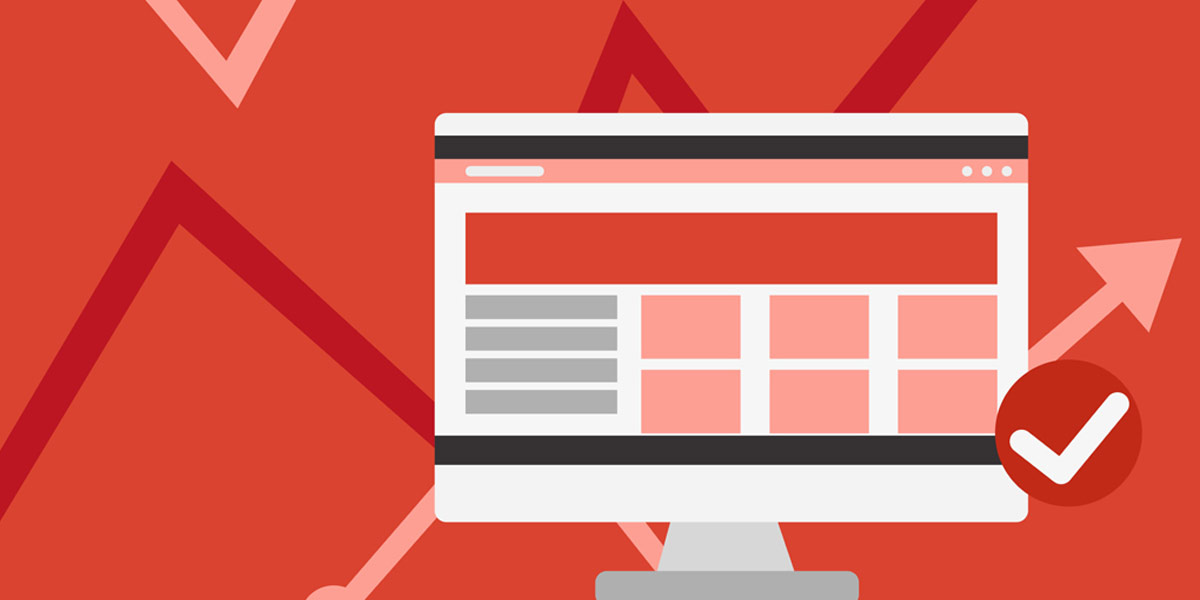Page Authority: Everything You Need to Know

Page authority is a crucial metric for any website that wants to rank high on search engine results pages (SERPs). It refers to the authority or credibility of a particular web page, which is determined by the number and quality of backlinks it has. In this article, we will discuss everything you need to know about page authority, including what it is, how it works, how to measure it, and how to improve it.
What is Page Authority?
Page authority is a metric developed by Moz, a leading SEO software company, that predicts how well a particular web page will rank on search engine results pages (SERPs). It is calculated using a logarithmic scale ranging from 0 to 100, with 100 being the highest possible score.
The page authority score is determined by the number and quality of external links or backlinks pointing to the page. In other words, the more high-quality backlinks a page has, the higher its page authority score will be. Page authority is an essential metric for SEO because it helps determine how likely a web page is to rank high on SERPs.

What is Page Authority?
How Does Page Authority Work?
Page authority is based on the same principles as Google’s PageRank algorithm, which ranks pages based on the quality and quantity of their backlinks. However, Moz’s page authority metric is more focused on external links and measures the strength of those links rather than the quantity.
Moz’s page authority algorithm considers the total number of links pointing to a page, the quality of those links, and the relevance of the linking pages. The algorithm also takes into account other factors such as the age of the domain, the content quality, and the user engagement on the page.
The Difference between Page Authority and Domain Authority
Domain authority is another metric developed by Moz that predicts how well an entire domain or website will rank on search engine results pages. It is similar to page authority but takes into account the overall strength of the domain, including all its pages.
The primary difference between page authority and domain authority is the scope of the metric. Page authority only measures the strength of a particular web page, while domain authority measures the overall strength of the entire domain.
How to Measure Page Authority
There are several ways to measure page authority, but the most popular methods are using MozBar and Open Site Explorer.
Using MozBar
MozBar is a free browser extension that allows you to see page authority, domain authority, and other SEO metrics directly from your browser. Once you install the MozBar extension, you can simply navigate to the page you want to check, and the toolbar will display the page authority score along with other relevant metrics.
Using Open Site Explorer
Open Site Explorer is another tool developed by Moz that allows you to check the page authority of any web page. Simply enter the URL of the page you want to check, and the tool will display the page authority score along with other relevant metrics such as domain authority, linking domains, page and domain-level spam score, and top pages.

How to Measure Page Authority
Factors that Affect Page Authority
Several factors affect page authority, including backlinks, quality content, user engagement, mobile optimization, and page load speed.
Backlinks
Backlinks are the most crucial factor in determining page authority. The more high-quality backlinks a page has, the higher its page authority score will be. Backlinks from authoritative and relevant websites have a more significant impact on page authority than low-quality or spammy backlinks.
Quality Content
Quality content is another essential factor in page authority. The content on a page should be informative, relevant, and engaging to the audience. Quality content increases the chances of getting backlinks from other websites, which ultimately improves page authority.
User Engagement
User engagement on a page is another factor that affects page authority. If users spend more time on a page, it signals to search engines that the content is relevant and useful. Higher user engagement, such as shares, comments, and likes, also signals to search engines that the content is valuable, which improves page authority.
Mobile Optimization
Mobile optimization is becoming increasingly important for SEO. Pages that are optimized for mobile devices tend to rank higher on search engines than pages that are not optimized. This is because more people are using mobile devices to search the web than ever before.
Page Load Speed
Page load speed is another crucial factor in page authority. Pages that load quickly tend to have higher page authority scores than pages that take a long time to load. Slow-loading pages can result in a poor user experience, which can ultimately hurt page authority.

Factors that Affect Page Authority
How to Improve Page Authority
Improving page authority is essential for SEO success. Here are some tips for improving page authority:
Build High-Quality Backlinks
Building high-quality backlinks is the most effective way to improve page authority. Reach out to other websites in your niche and ask for backlinks. Create shareable content that other websites will want to link to, and use link-building tactics like broken link building and guest posting.
Create Quality Content
Creating quality content is another effective way to improve page authority. Focus on creating informative, relevant, and engaging content that will attract backlinks from other websites.
Optimize for User Engagement
Optimizing user engagement is crucial for improving page authority. Encourage users to leave comments, share content, and engage with your website in other ways. Use social media to promote your content and attract more users to your website.
Optimize for Mobile Devices
Optimizing for mobile devices is essential for improving page authority. Use responsive design to ensure that your website looks good on all devices. Improve page load speed by compressing images and using a content delivery network (CDN).
Improve Page Load Speed
Improving page load speed is crucial for improving page authority. Use tools like Google PageSpeed Insights to identify areas where you can improve page load speed. Compress images, use a content delivery network (CDN), and remove unnecessary plugins to improve page load speed.

How to Improve Page Authority
Conclusion
Page authority is a crucial metric for any website that wants to rank high on search engine results pages. It measures the credibility and authority of a particular web page, which is determined by the number and quality of backlinks it has. To improve page authority, focus on building high-quality backlinks, creating quality content, and optimizing for user engagement, mobile devices, and page load speed.
FAQs
What is page authority?
Page authority is a metric developed by Moz that predicts how well a particular web page will rank on search engine results pages (SERPs). It is calculated based on the number and quality of external links that point to the page.
How is page authority calculated?
Page authority is calculated using a logarithmic scale, ranging from 0 to 100. The higher the page authority score, the more likely the page is to rank high on search engine results pages.
Is page authority the same as domain authority?
No, page authority measures the authority of a specific page, while domain authority measures the authority of an entire website.
How important is page authority for SEO?
Page authority is a critical factor in SEO. It determines how well a particular web page will rank on search engine results pages (SERPs). Higher page authority scores generally result in higher search engine rankings.
How can I improve my page authority?
To improve page authority, focus on building high-quality backlinks, creating quality content, and optimizing for user engagement, mobile devices, and page load speed. Use tools like Google PageSpeed Insights to identify areas where you can improve page load speed, and use responsive design to ensure that your website looks good on all devices.

